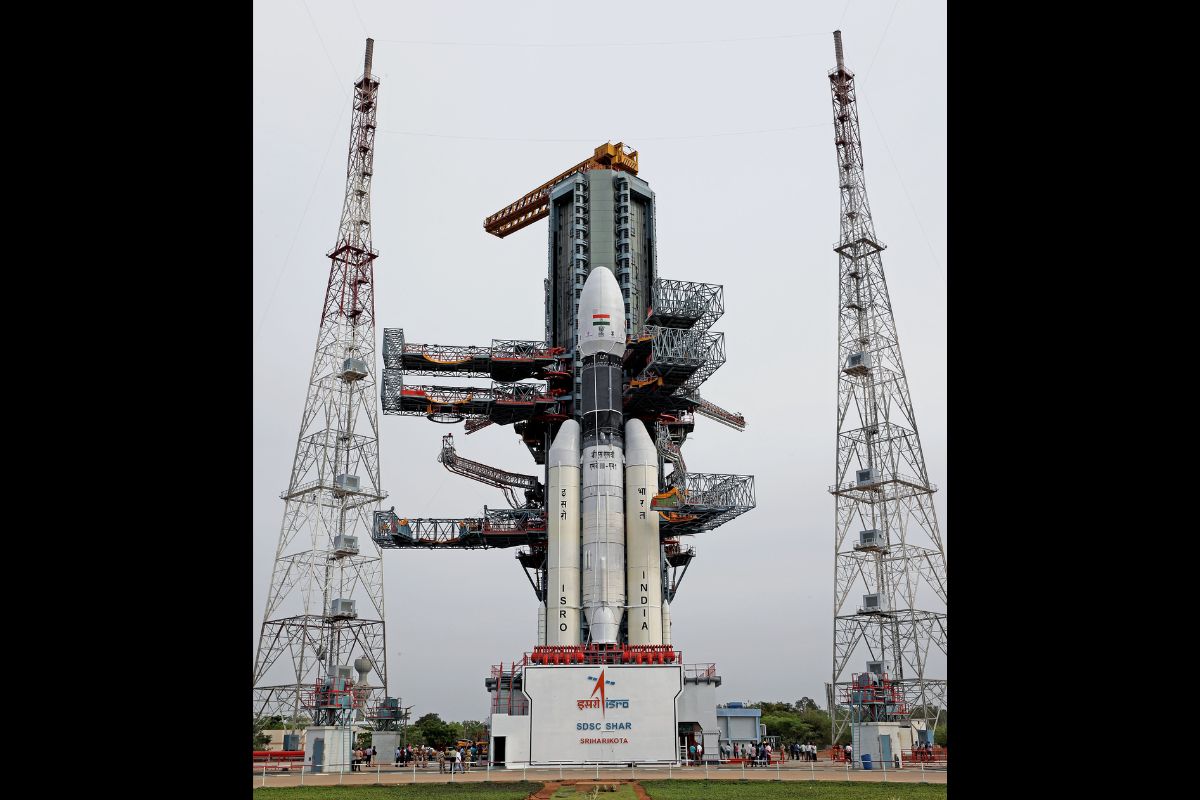The European Space Agency’s (ESA) first-ever mission to find alien life on the icy worlds of Jupiter has been postponed to Friday due to bad weather, team officials announced on Twitter on Thursday.
The JUpiter ICy moons Explorer or JUICE mission is now slated for launch at 12.14 p.m. UTC (5.44 p.m. IST) on April 14 (Friday) atop Arianespace’s Ariane 5 rocket from Europe’s Spaceport in Kourou, French Guiana.
Advertisement
“Today’s Flight #VA260 has been delayed due to weather conditions (risk of lightning) at the scheduled liftoff time from Europe’s Spaceport in French Guiana,” Arianespace said in a tweet.
“The Ariane 5 launch vehicle and its passenger JUICE are in stable and safe condition,” it added.
Hoping “for better weather to launch”, wrote ESA’s JUICE mission.
JUICE will make detailed observations of Jupiter and its three large ocean-bearing moons – Ganymede, Callisto and Europa – with a suite of instruments.
The mission will characterise these moons as both planetary objects and possible habitats, explore Jupiter’s complex environment in depth, and study the wider Jupiter system as an archetype for gas giants across the Universe.
“We’ll explore Jupiter and its icy moons, which are Europa, Ganymede, and Callisto with a particular focus on Ganymede, which is a unique object in the solar system,” said Olivier Witasse, ESA planetary scientist.
“It is the only moon with a magnetic field and the biggest moon in the solar system. The main goal is to understand whether there are habitable environments among those icy moons and around a giant planet like Jupiter.”
According to ESA, the JUICE mission cost an estimated $1.7 billion and is a product of “global” cooperation between 23 countries, 18 academic institutions, and 83 private companies.











